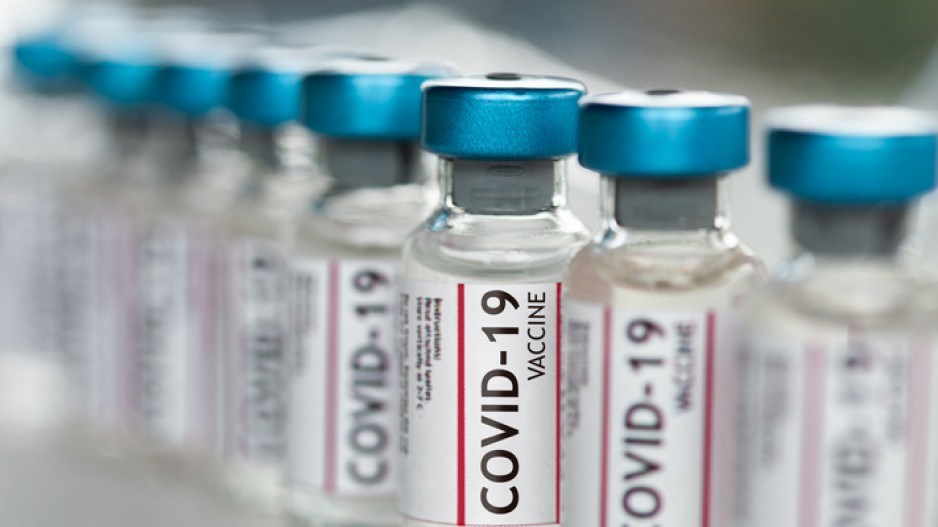A survey conducted on behalf of Out Boulder County, which the advocacy organization said might be the first of its kind, found that 17% of respondents who identified as LGBTQ were hesitant or reluctant to take a COVID-19 vaccine compared to just 9% for non-LGBTQ respondents.
The survey was conducted for Out Boulder County by research psychologist Kaylin Gray between Dec. 17 and Jan. 7 included 227 people, who answered fully or partially. The full survey results are available here.
Studies around the U.S. have examined the reluctance among Black, Hispanic, and other people of color, as well as by political affiliation, but Out Boulder County in a news release stated its effort could be the nation’s first to gauge COVID-19 vaccine reluctance among LGBTQ people.
The survey offers a glimpse into the attitudes of a community that has often gone unseen in public health efforts because information about sexual orientation and gender identity is rarely collected in federal, state or local health data, the release states.
There are no questions about sexual orientation or gender identity in the U.S. Census, and the Department of Health and Human Services rarely collects such information in its public health surveys or other data gathering, according to the release.
“If LGBTQ people are not identified in data collection, we cannot be seen by public health agencies, hospital systems and other health care organizations,” Mardi Moore, executive director of Out Boulder County, stated in the release.
Out Boulder County provides advocacy, services, programs and support to Boulder County’s LGBTQ communities.
“If they don’t see us, we don’t exist, and getting resources allocated to us is nearly impossible. Sexual orientation and gender identity have to be part of the date that health organizations collect,” Moore stated.
Like members of any marginalized groups, lesbian, gay, bisexual, transgender and queer people may have greater distrust of health care systems of the government — both of which can contribute to reluctance to get the COVID-19 vaccine, the release states.
Overall, 18% of those surveyed who were assigned a female sex at birth expressed COVID-19 vaccine reluctance, versus 9% of those assigned a male sex at birth, according to the release.
“Wider surveys have consistently shown that women are more reluctant than men about getting a COVID-19 vaccine. There was little difference in reluctance between cisgender and transgender people assigned a male sex at birth,” Out Boulder County states in the release.
Chana Goussetis, spokeswoman for Boulder County Public Health, in an email in December said more inclusive gender identities are captured the new statewide COVID reporting system, but when cases come to the county they typically say “Male,” “Female,” or “Unknown” although there are also options in the system for “Male to Female” and “Female to Male.”
The county has not been able to conduct comprehensive disease investigations because of high case volume, Goussetis said. Health officials often don't have the chance to ask the person's gender or sexual orientation, she said


